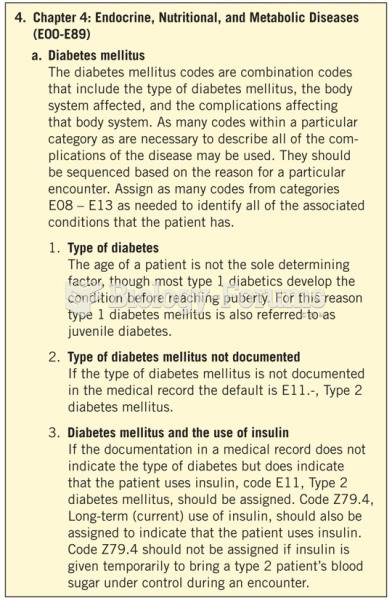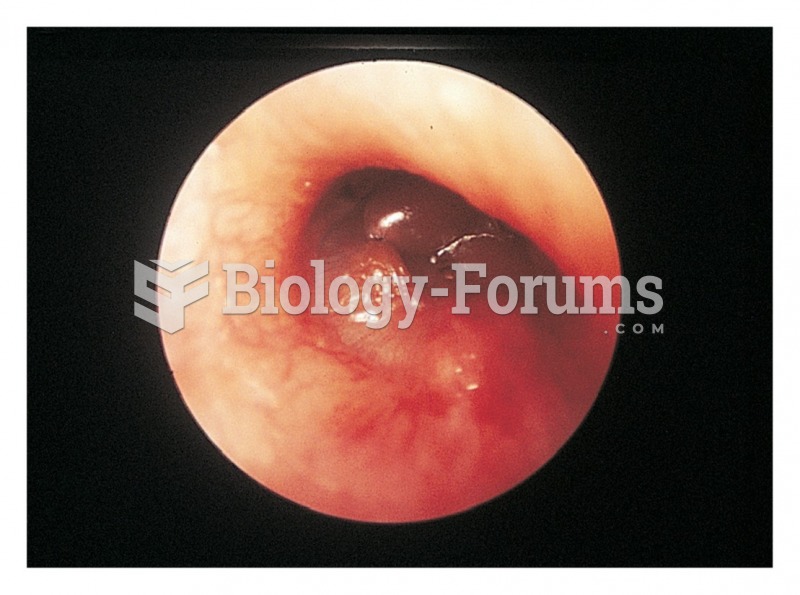|
|
|
If you could remove all of your skin, it would weigh up to 5 pounds.
When blood is exposed to air, it clots. Heparin allows the blood to come in direct contact with air without clotting.
It is difficult to obtain enough calcium without consuming milk or other dairy foods.
Your skin wrinkles if you stay in the bathtub a long time because the outermost layer of skin (which consists of dead keratin) swells when it absorbs water. It is tightly attached to the skin below it, so it compensates for the increased area by wrinkling. This happens to the hands and feet because they have the thickest layer of dead keratin cells.
About 60% of newborn infants in the United States are jaundiced; that is, they look yellow. Kernicterus is a form of brain damage caused by excessive jaundice. When babies begin to be affected by excessive jaundice and begin to have brain damage, they become excessively lethargic.







